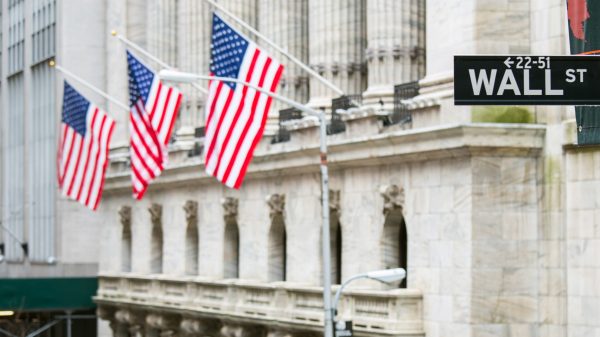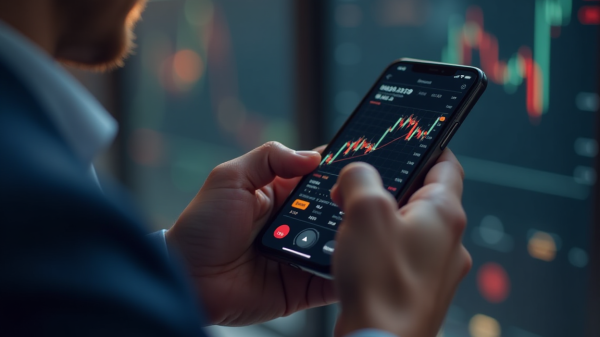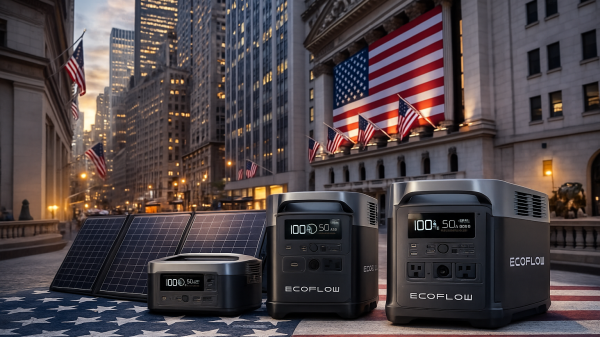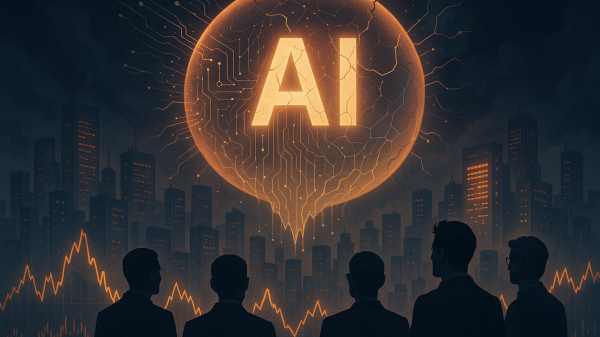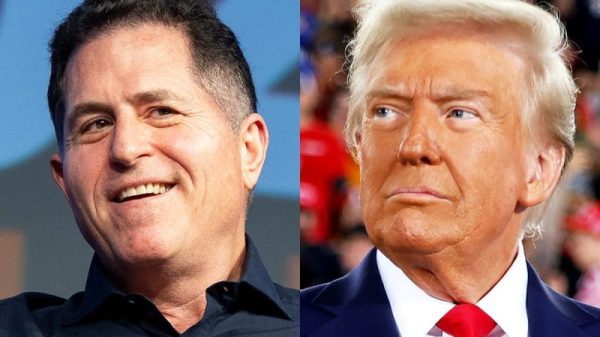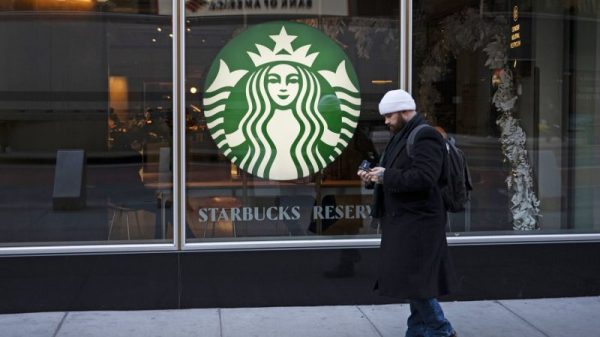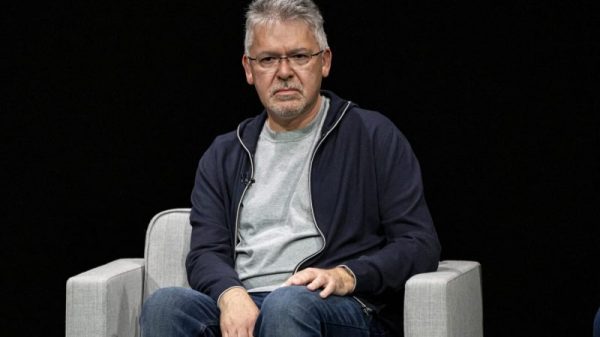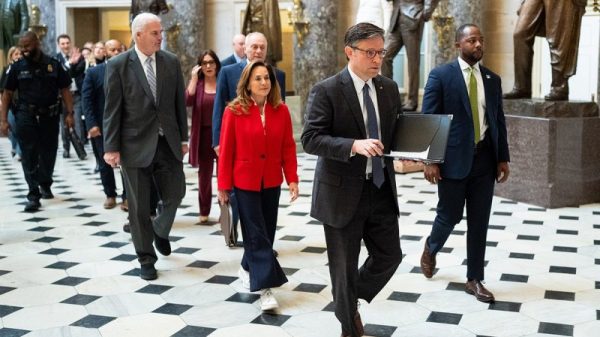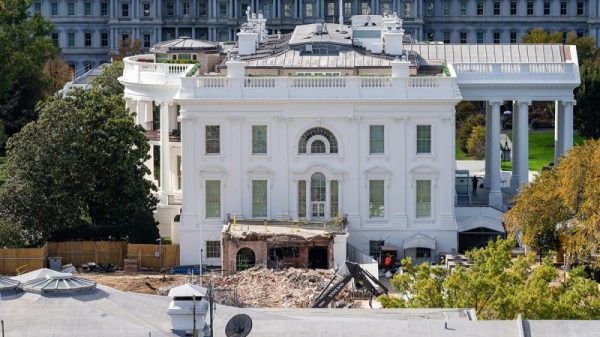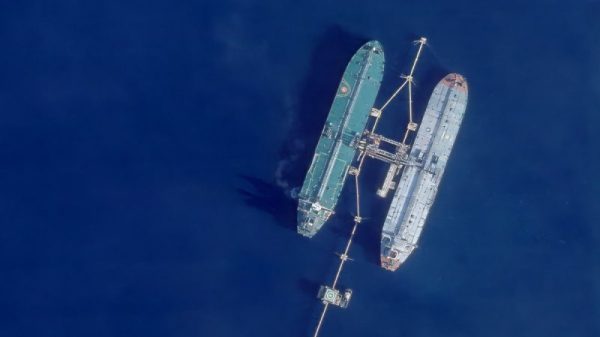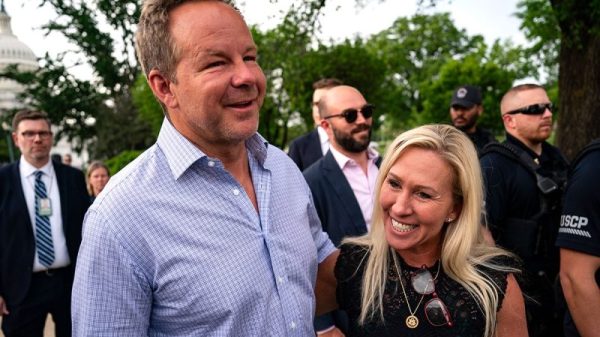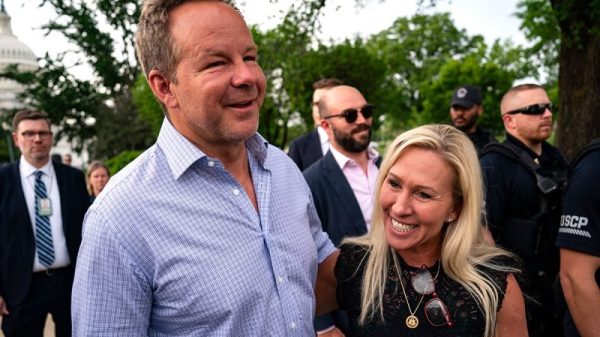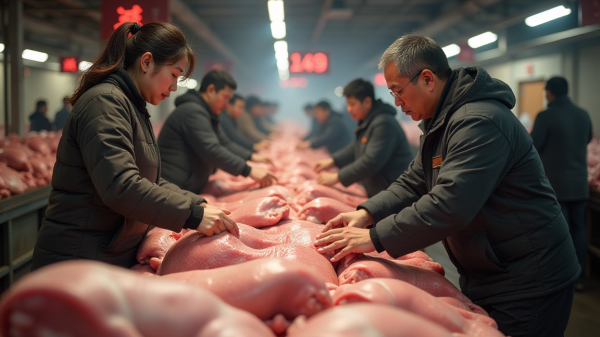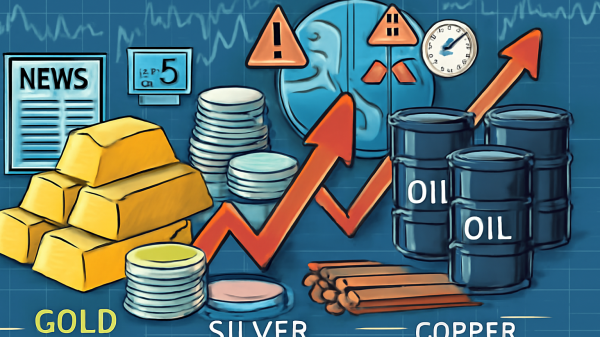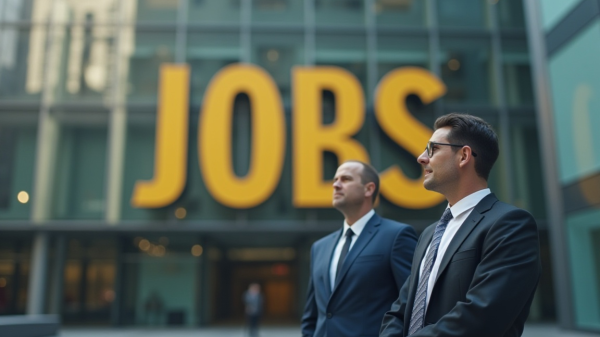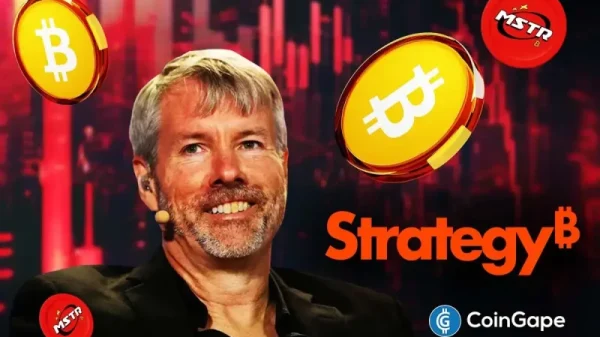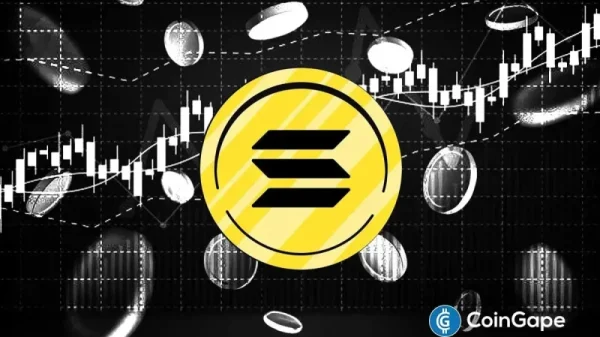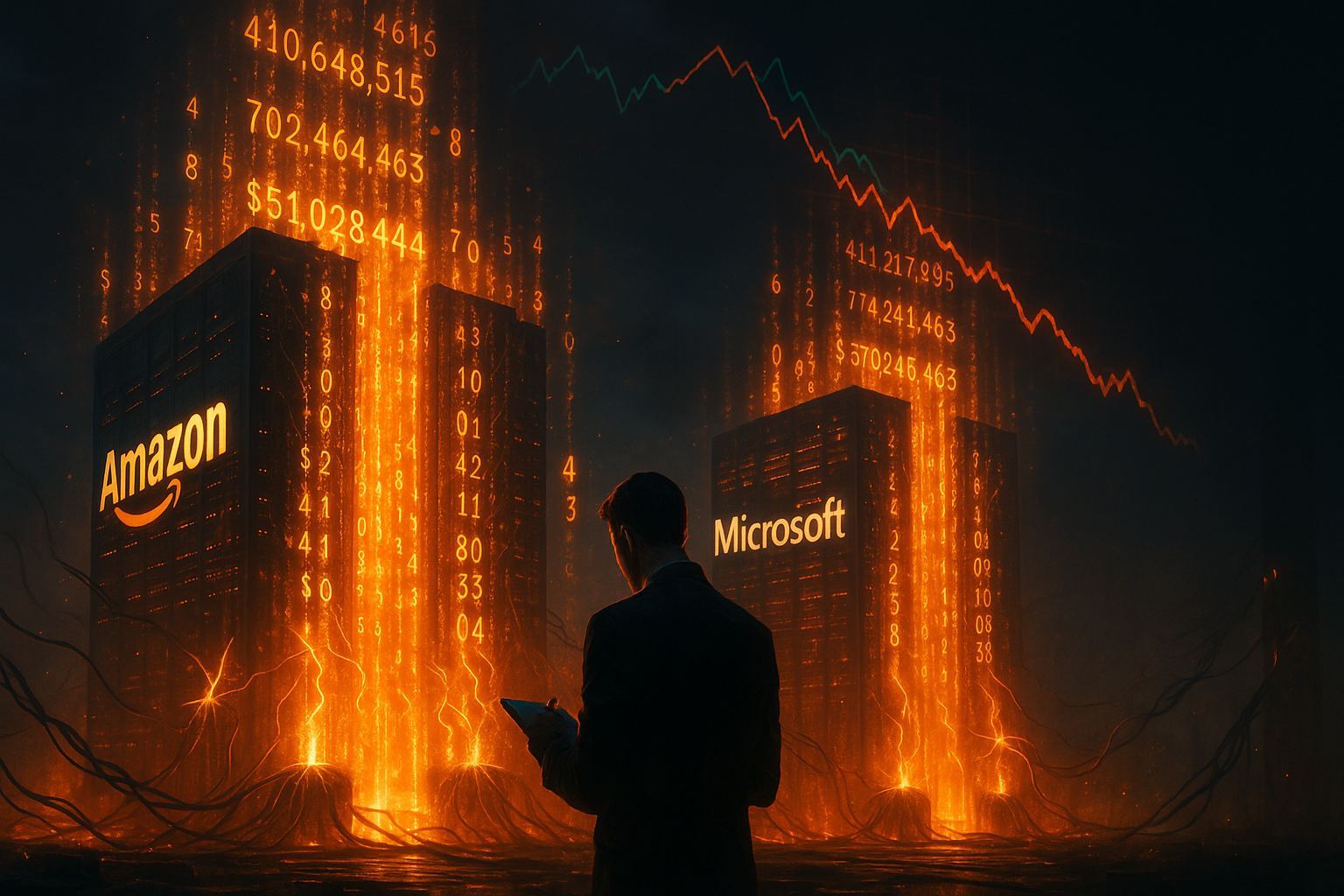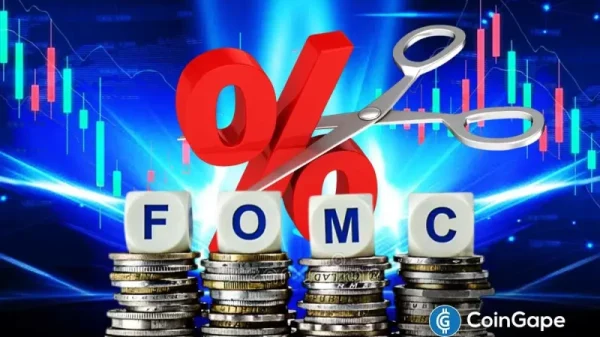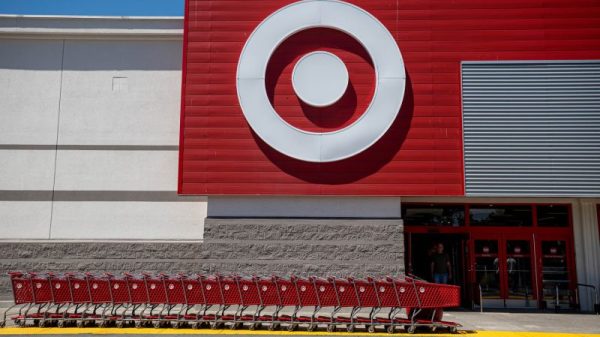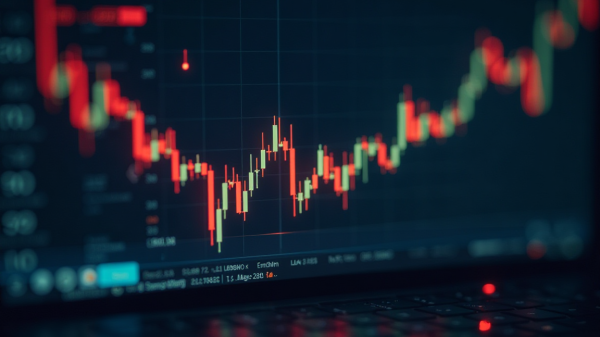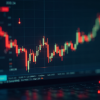Amazon and Microsoft are among the tech giants who have collectively pledged $349 billion to AI infrastructure, betting hyperscale returns will materialize.
Yet one prominent analyst just broke ranks with Wall Street consensus, downgrading both tech giants. His verdict: the market is pricing in returns that simply won’t happen.
It’s a rare moment of skepticism that signals deeper institutional doubts about the AI spending boom.
Cloud 1.0 economics are dead, but the market hasn’t caught up
Alex Haissl at Rothschild & Co Redburn made an unusual move this week, downgrading both Amazon and Microsoft from ‘Buy’ to ‘Neutral’, the first time since he initiated coverage in June 2022.’
His reasoning cuts to the heart of a structural problem: the market still prices in “cloud 1.0 economics,” but the AI era operates under fundamentally different rules.
The distinction matters enormously. In cloud 1.0, capital spending compounded efficiently over time. Margins expanded. Pricing power remained strong.
AI infrastructure tells a different story. GPUs cost roughly $40 billion per gigawatt of power generation but generate only $10 billion in revenue per gigawatt, a devastating economic mismatch that Rothschild calculated.
The company already assumes longer depreciation cycles of 5-6 years versus just three years in the early cloud era, yet capital intensity is still higher and pricing power weaker.
Most damaging: hyperscalers can’t pass costs downstream. Raising prices on cash-strapped AI startups would further deepen losses. Pushing costs to end users would erode demand.
“We no longer see a credible path back to cloud 1.0 economics,” Haissl wrote, noting that the market “still prices in that outcome, implying returns we believe are no longer achievable.”
There’s also the risk of overbuilding. Unlike cloud 1.0, which scaled only after achieving efficiency, generative AI “scales on a bloated, inefficient stack,” Haissl stated.
The capex treadmill never slows. Amazon and Microsoft’s guidance already signals accelerating spending into 2026, with no clear inflection point in sight, yet unit economics aren’t improving to justify it.
Why this downgrade matters now
This isn’t casual skepticism. Rothschild held bullish ratings on both stocks for years before reversing course.
Haissl downgraded Microsoft’s price target from $560 to $500 while keeping Amazon at $250.
Wall Street’s analyst consensus remains overwhelmingly bullish; Microsoft holds 71 buy ratings to just two holds, and Amazon has 80 buys to five holds. Haissl is genuinely alone here.
But his timing signals alarm. The downgrade arrived after strong earnings reports, suggesting the bull case isn’t resolved by operational delivery.
It also follows a $1.8 trillion decline in the Nasdaq 100 since late October, with AI stocks bearing the brunt of a 5-6% pullback as valuations compress.
What matters next: Watch December earnings calls closely. If management commentary on AI unit economics sounds dodgy or capex guidance accelerates further without concrete ROI milestones, Haissl’s bear thesis will gain traction.
Margin compression could begin appearing in Q1 2026 results. Any follow-on downgrades from other major banks would validate Rothschild’s skepticism and shift consensus sentiment decisively.
For now, investors should monitor whether this “no longer a bull case” message spreads or remains an outlier. The answer will likely emerge by the Q4 earnings season.
The post Amazon and Microsoft’s AI bet hit a wall: Wall Street’s rare bear makes his move appeared first on Invezz

